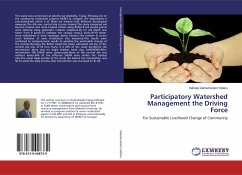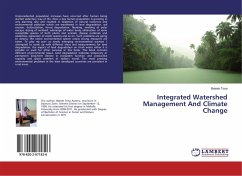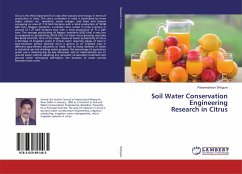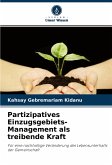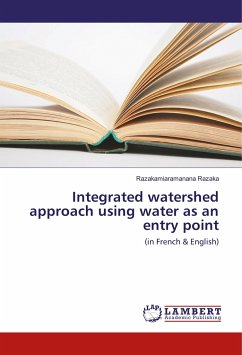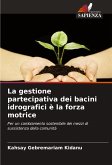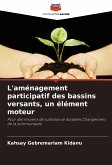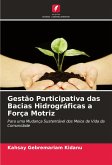This study was carried over at,Abreha we Atsebeha, Tigray, Ethiopia,one of the community watershed projects MERET,to mitigate the degradation.4 sub-watersheds which 3 of them are treated with different bio-physical measures.The 4th one, control site is none treated.The study compared soil loss b/n treated and none treated effects using RUSLE.8 soil sample points were selected using systematic random samples.0-30 cm soil depth was taken from 8 points.To estimate the canopy cover,2 plots,10 10 meter were established in each landscape along transect.The number & crown cover diameter of each shrub/bush was measured.The results were combined to socioeconomic results to visualize the sustainable change of the community.Using the RUSLE model the mean calculated soil loss of the control site was 37.33 tons /ha/yr It is 43% of the study site.Before the intervention there was no single shallow hand dug well(SHDW).After intervention 700 SHDW were constructed.None of the control site was without water.34% of the effective SHDW were within the treated sites.The mean daily income of the study site before the intervention was $0.72.while,the daily income after intervention was increased to $1.69.
Bitte wählen Sie Ihr Anliegen aus.
Rechnungen
Retourenschein anfordern
Bestellstatus
Storno

